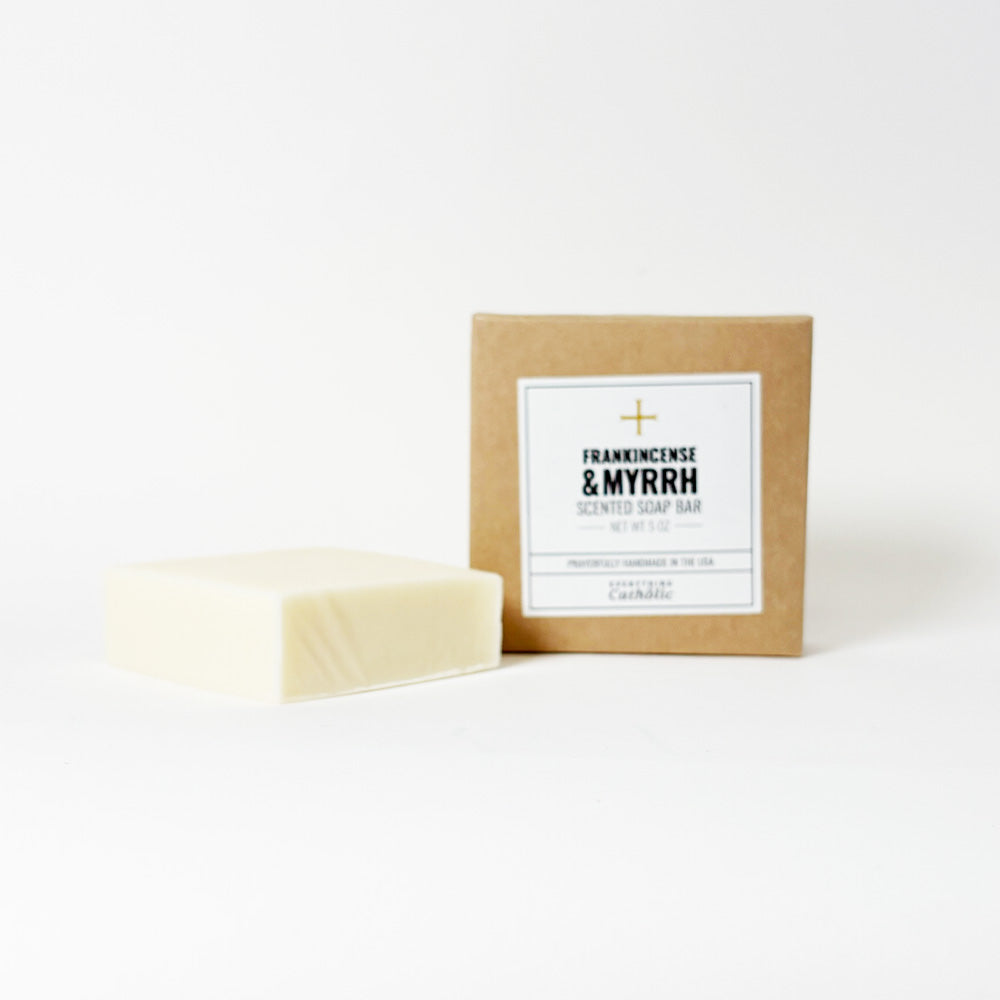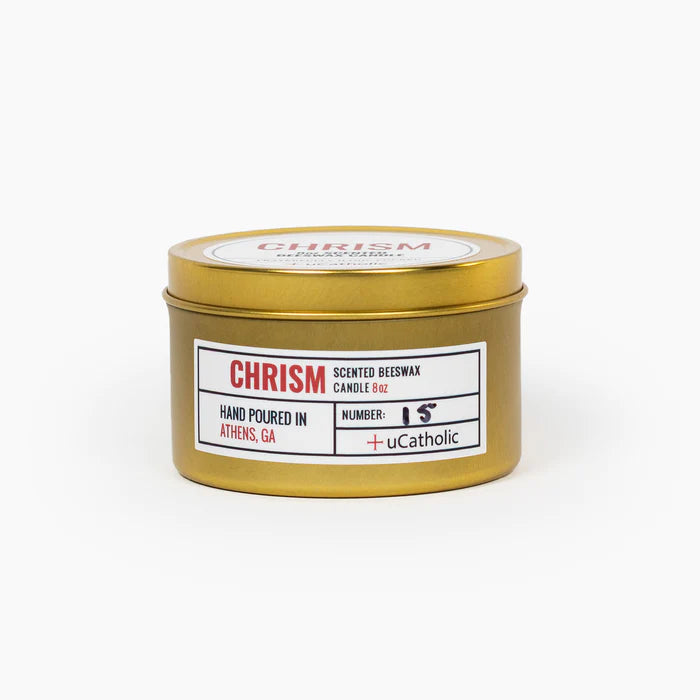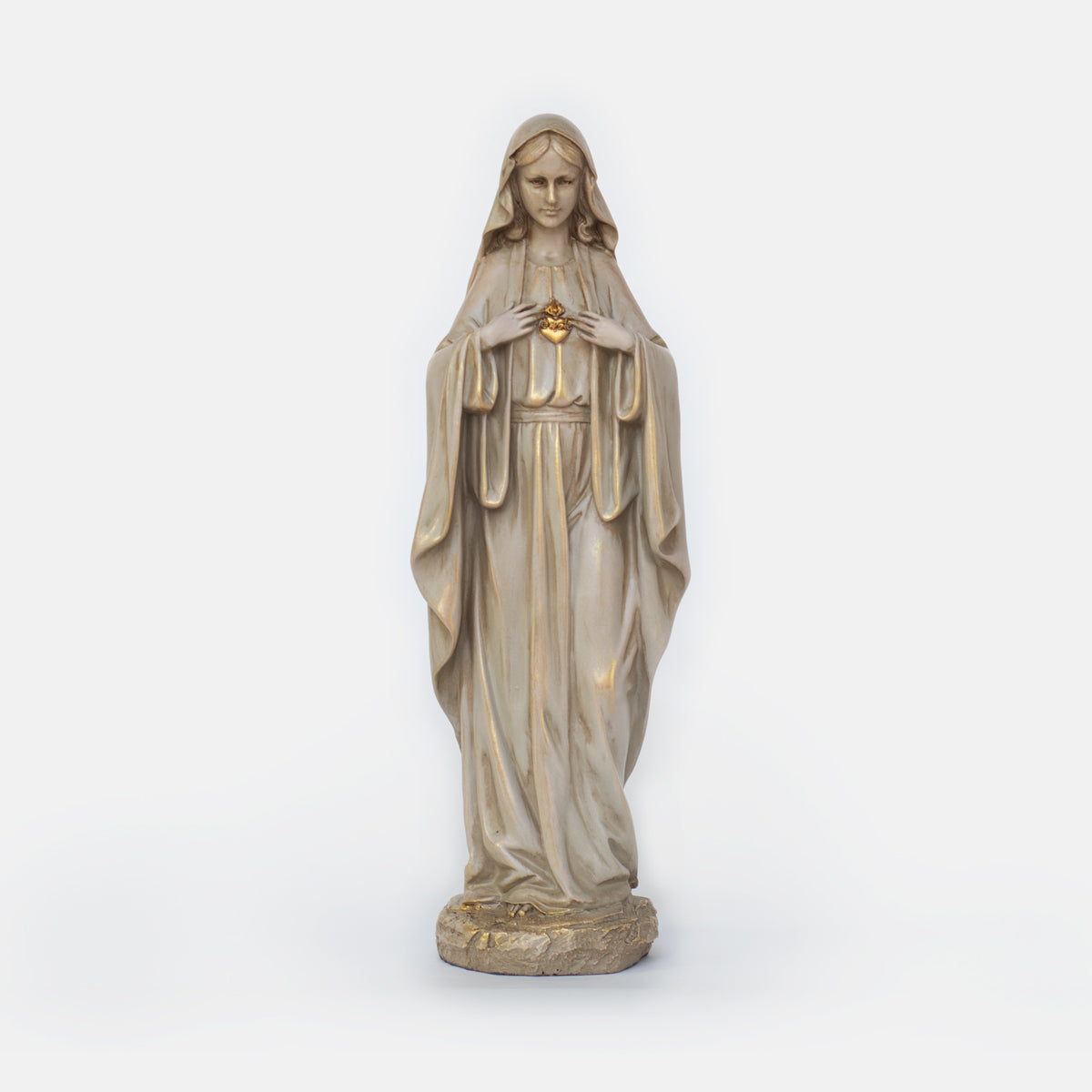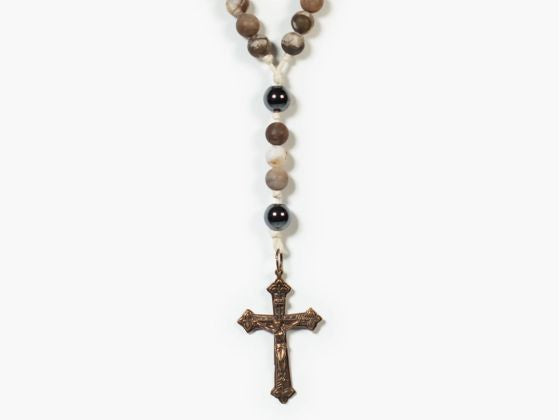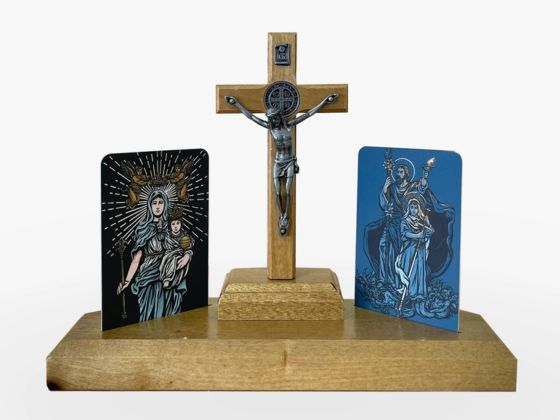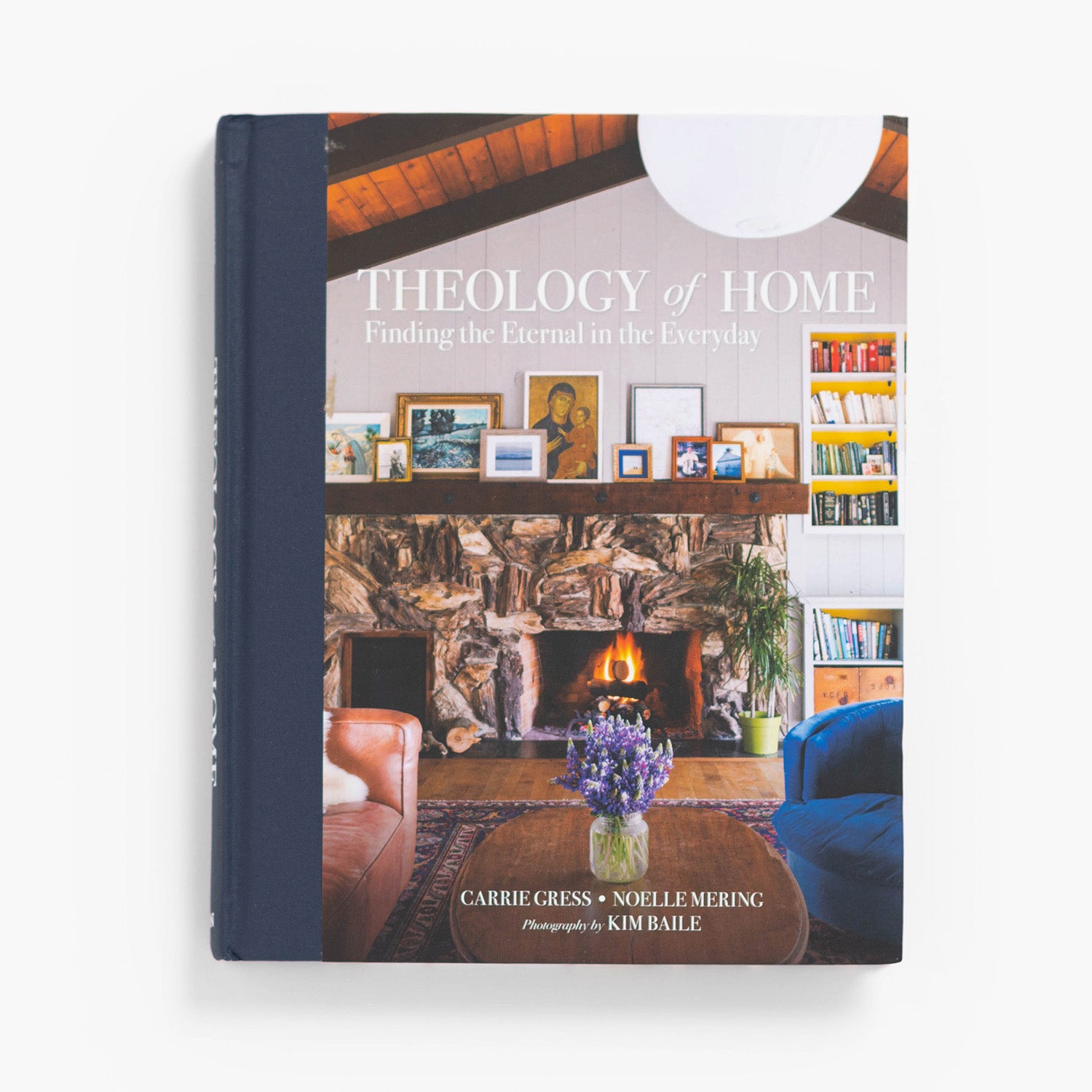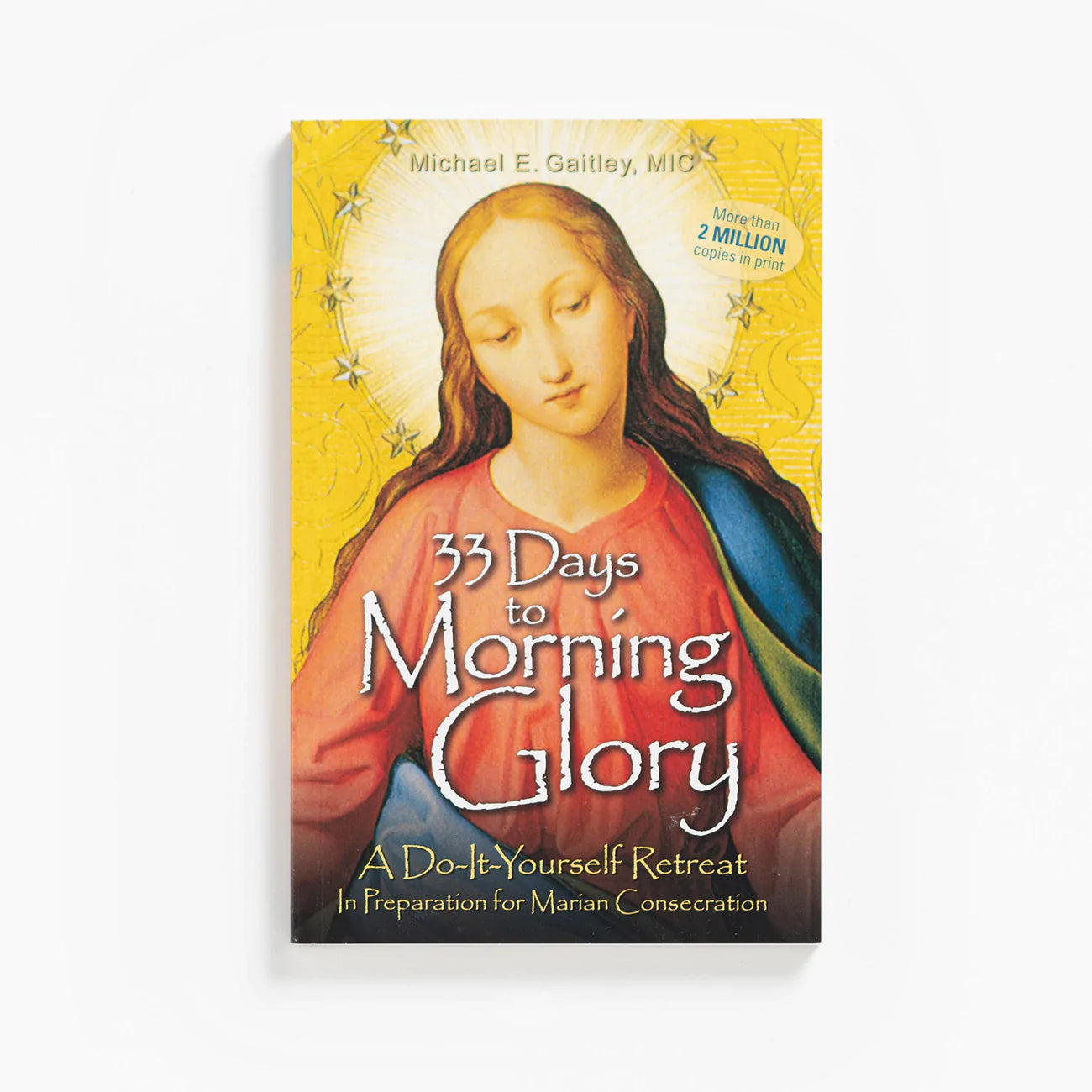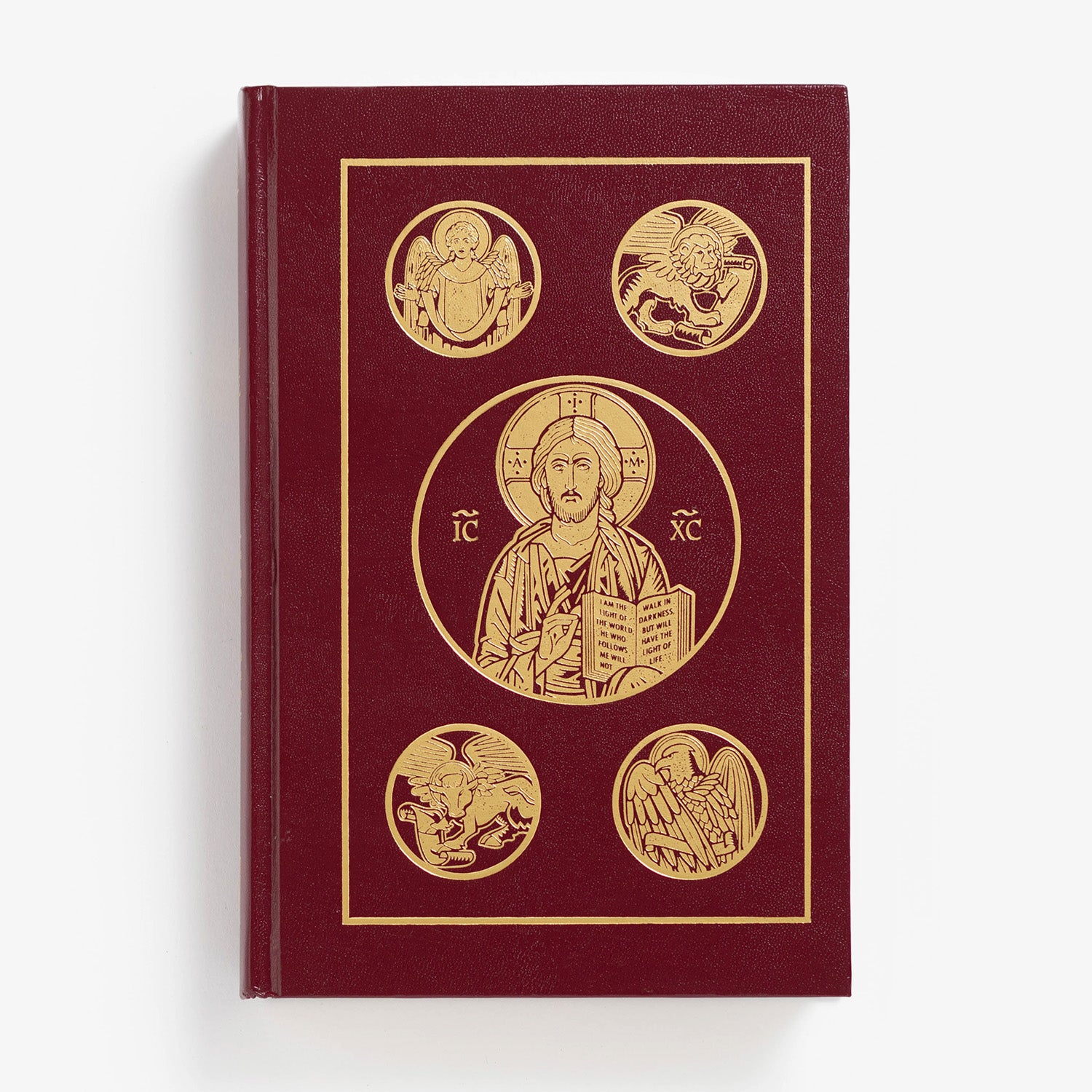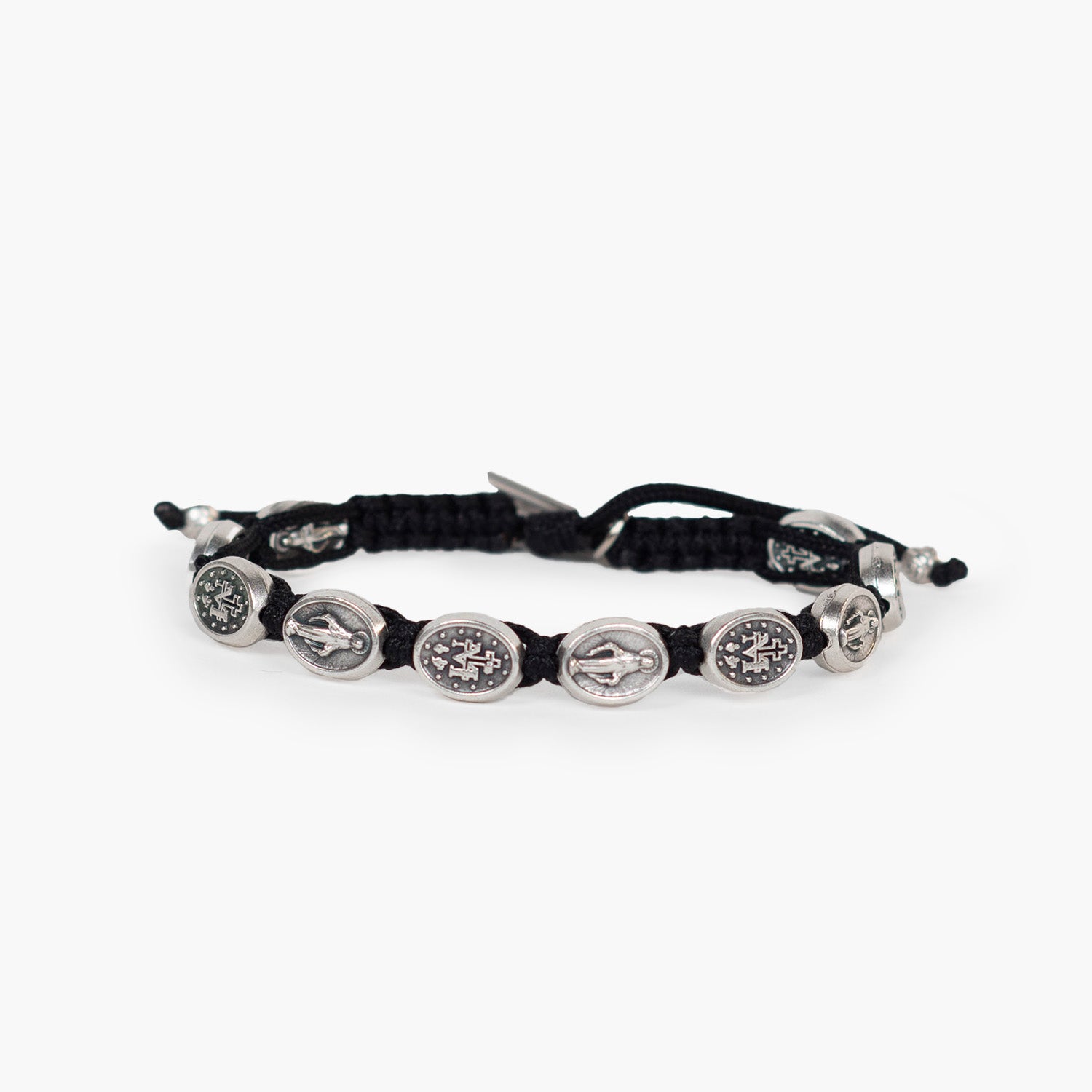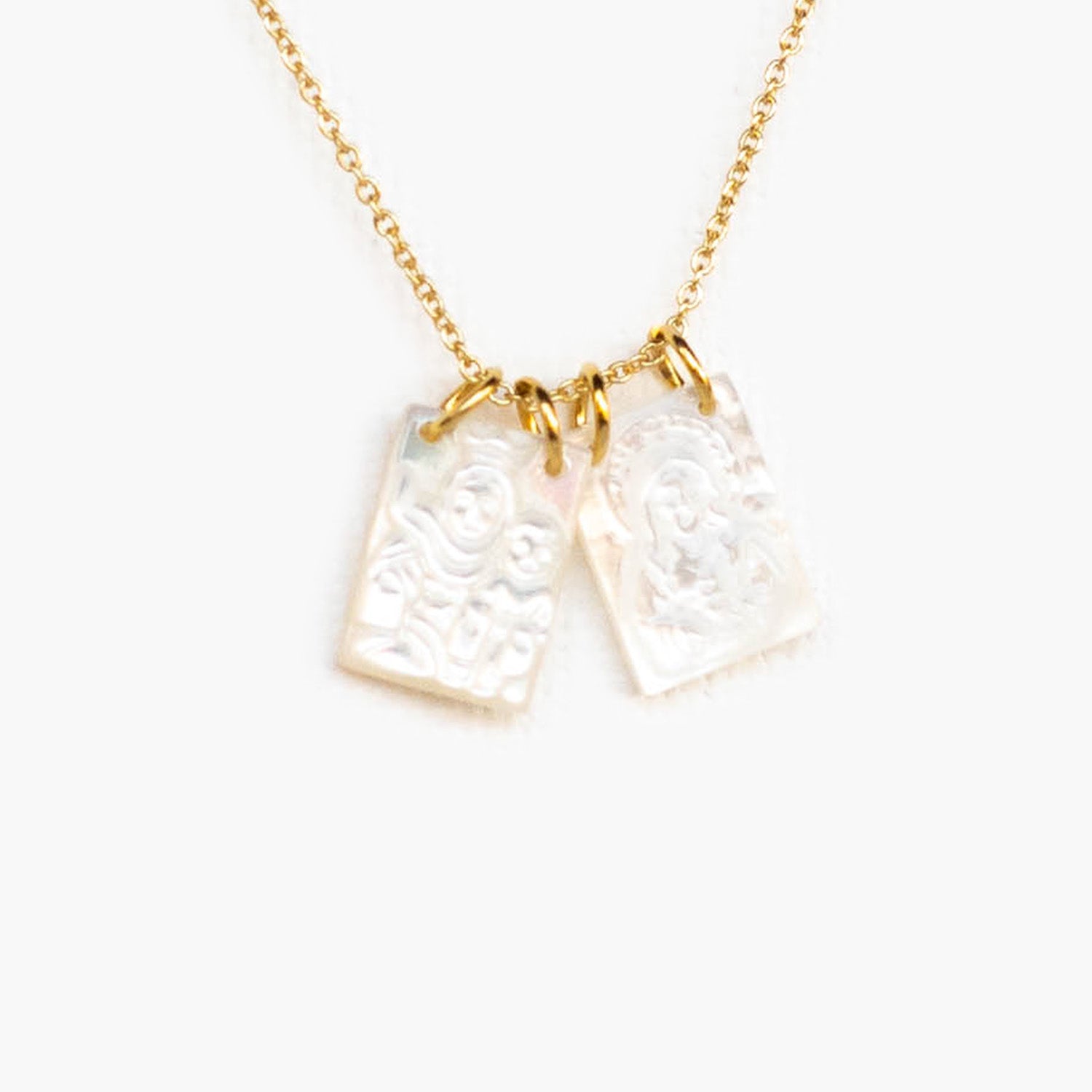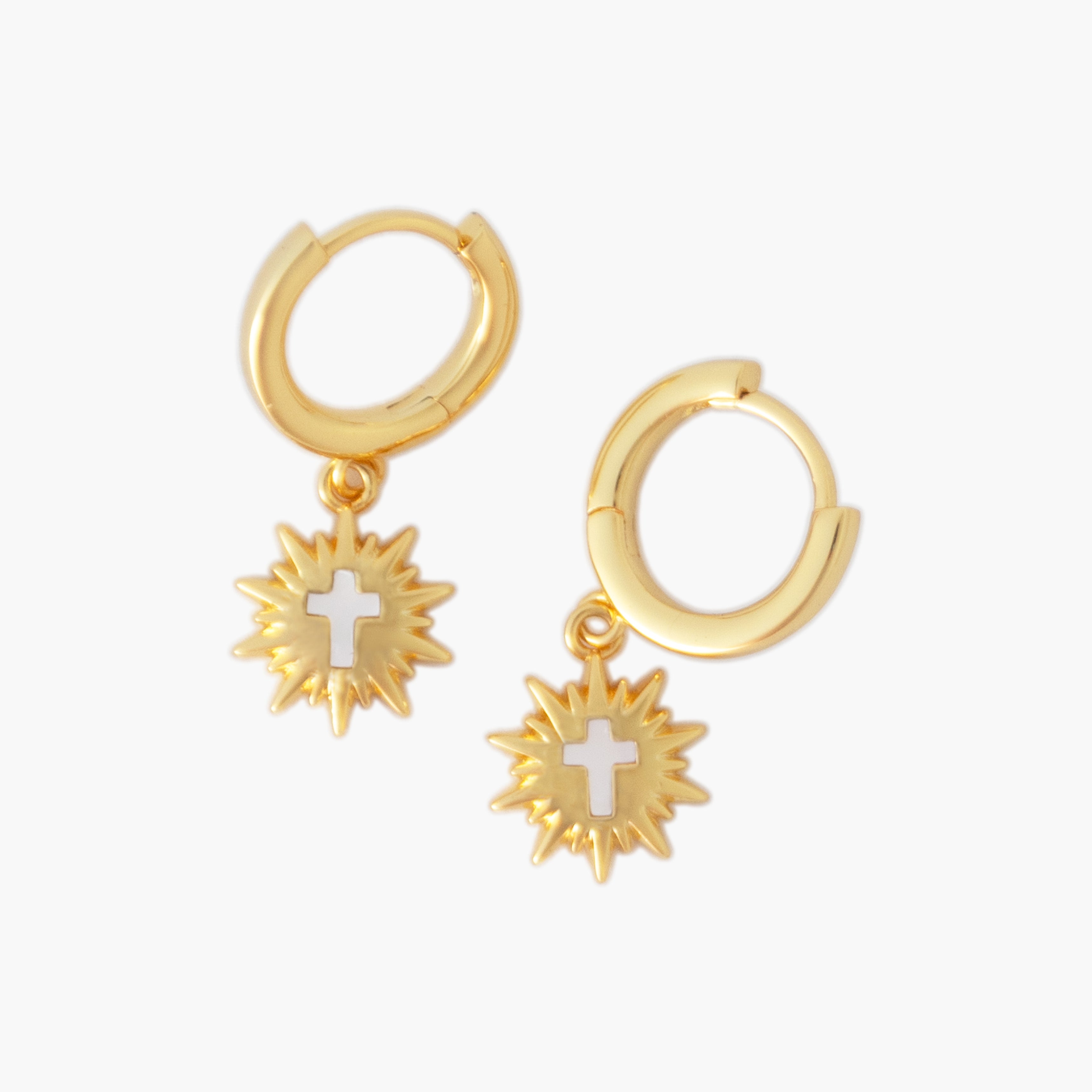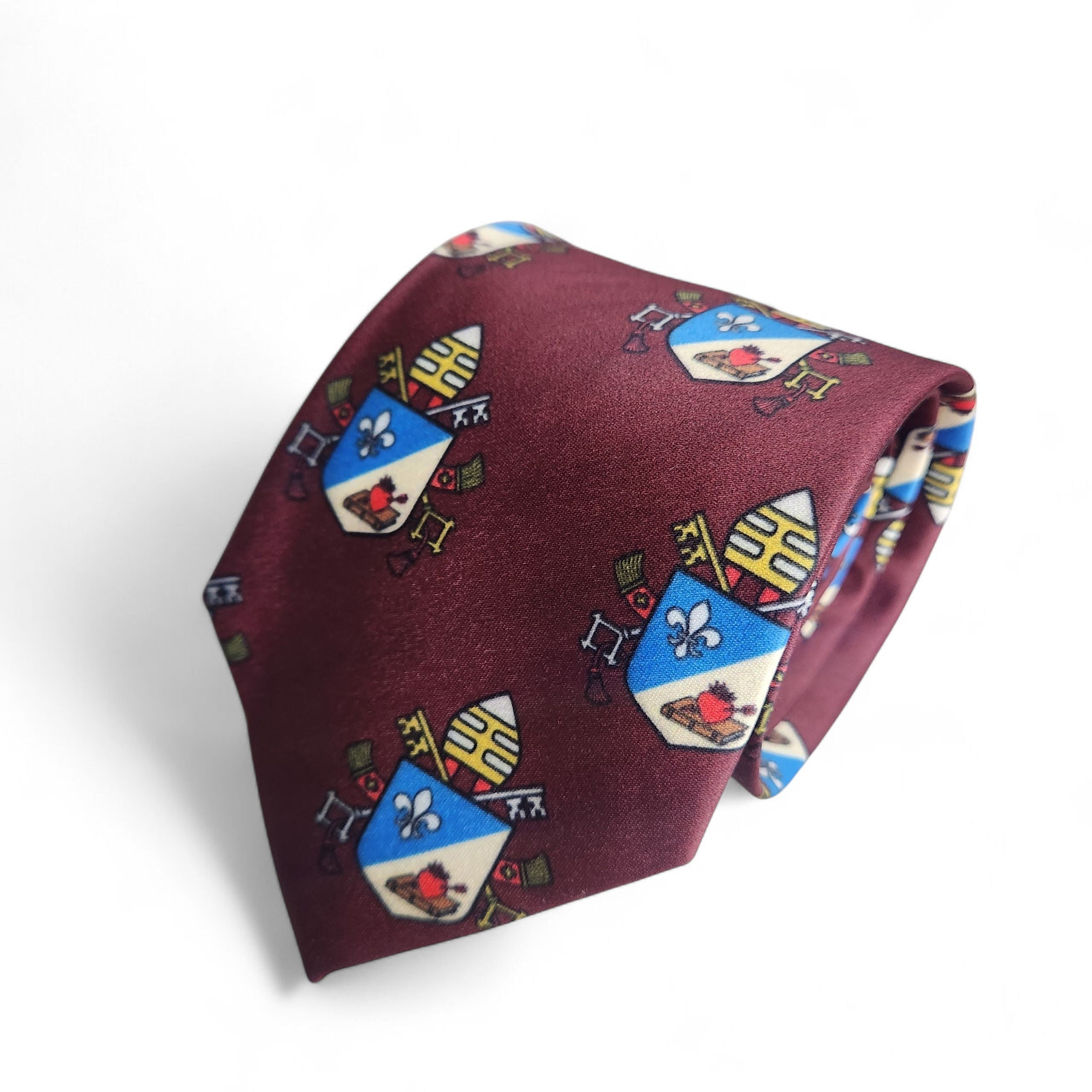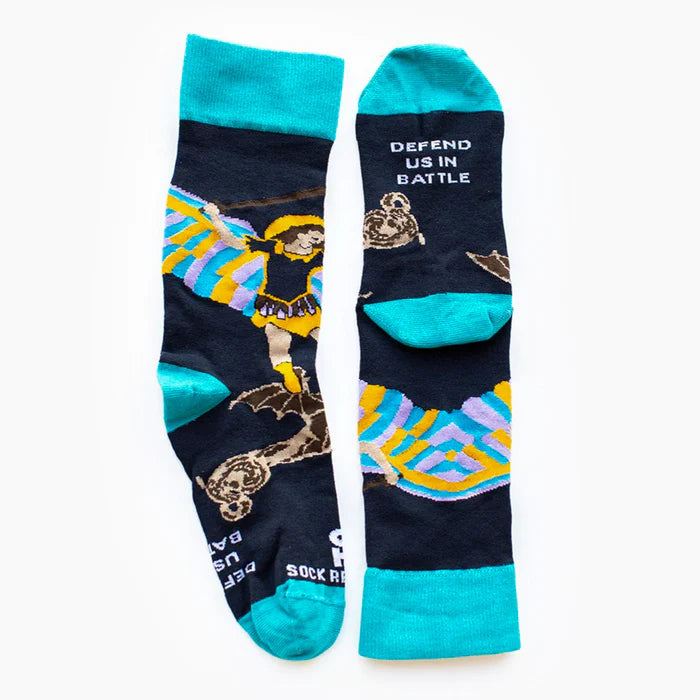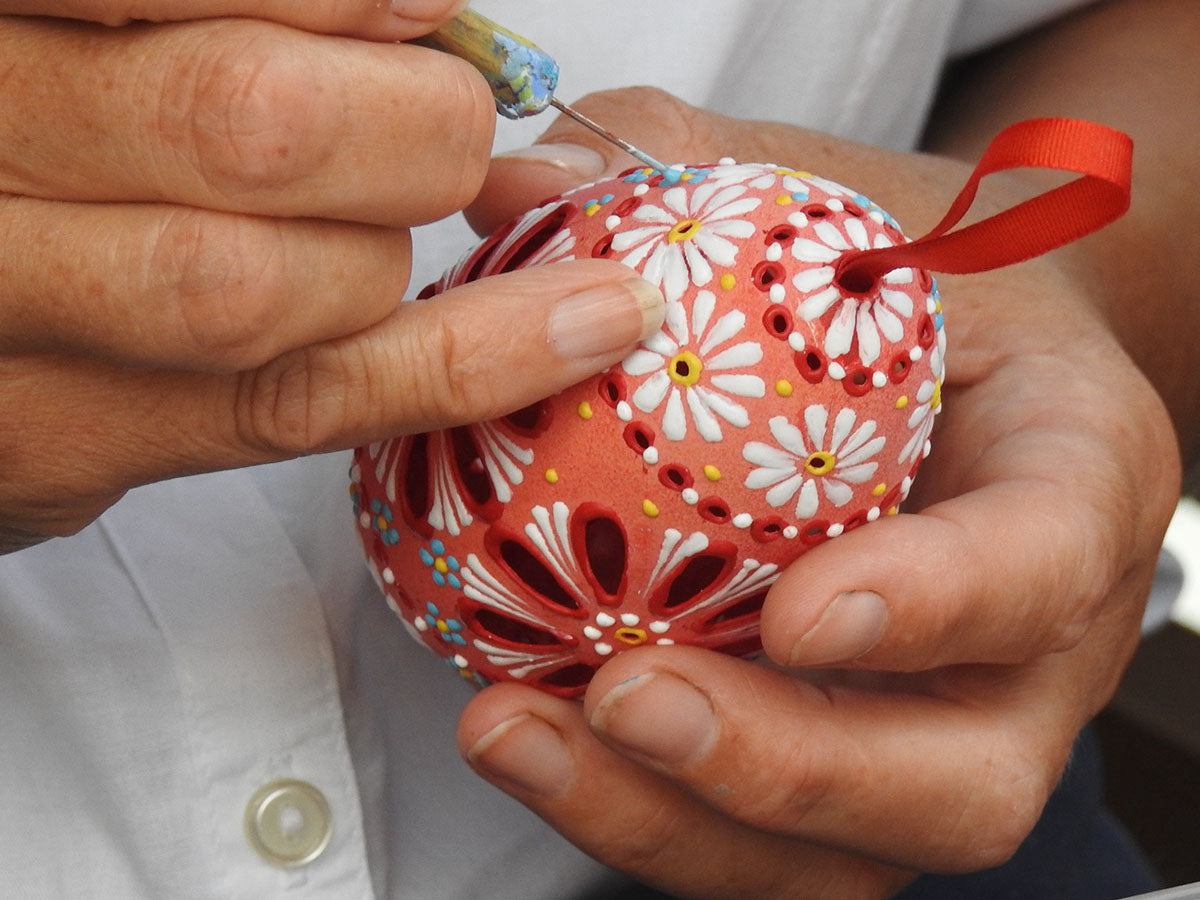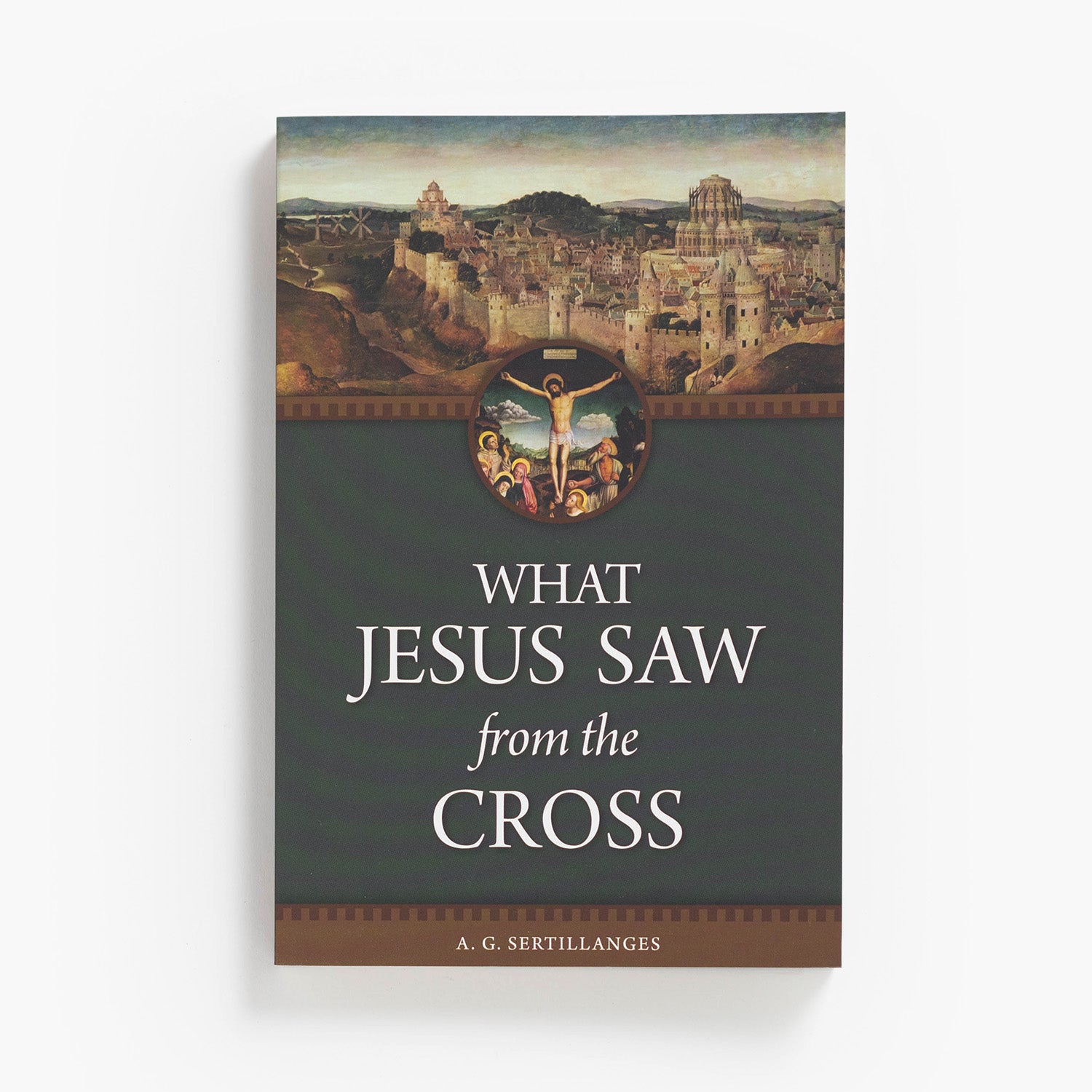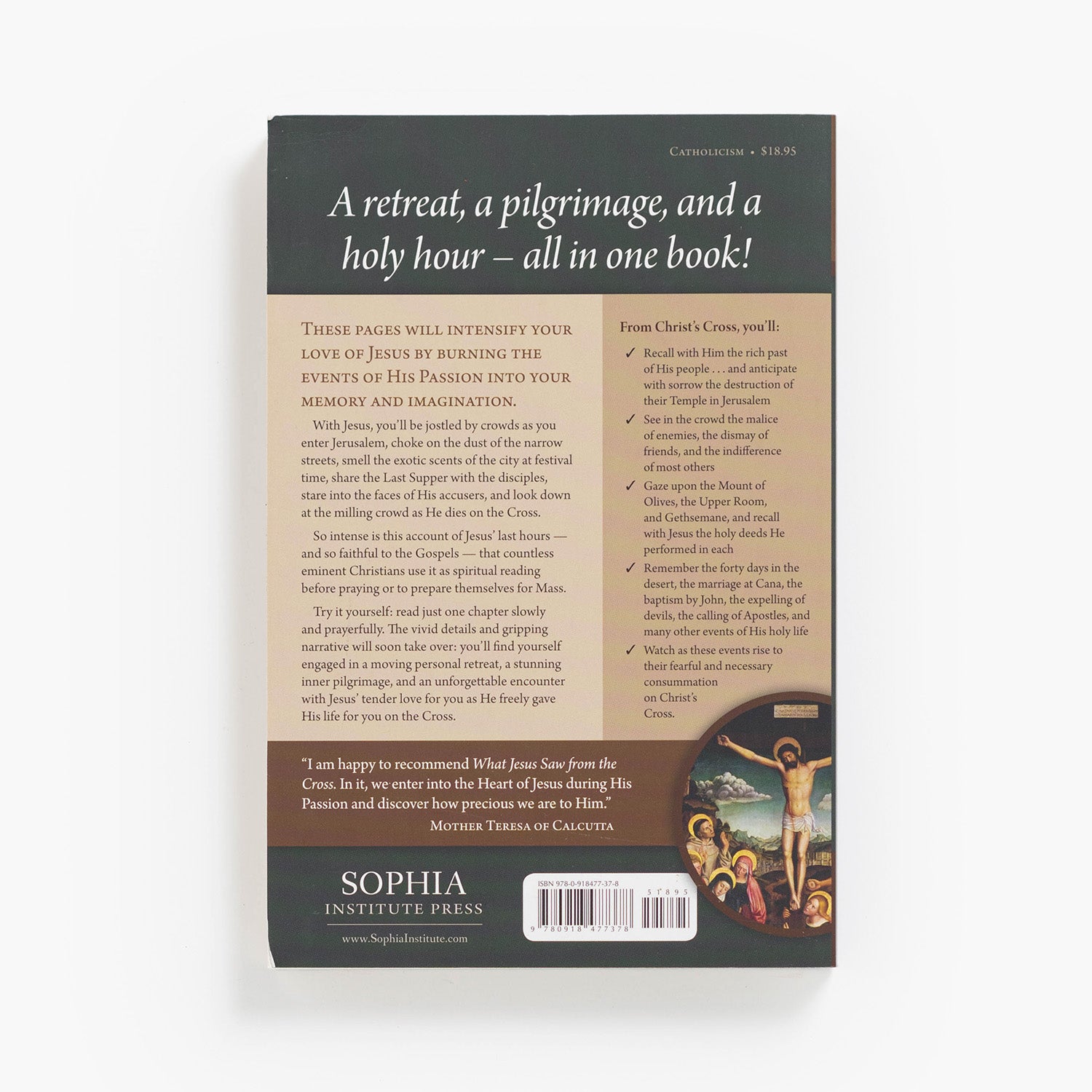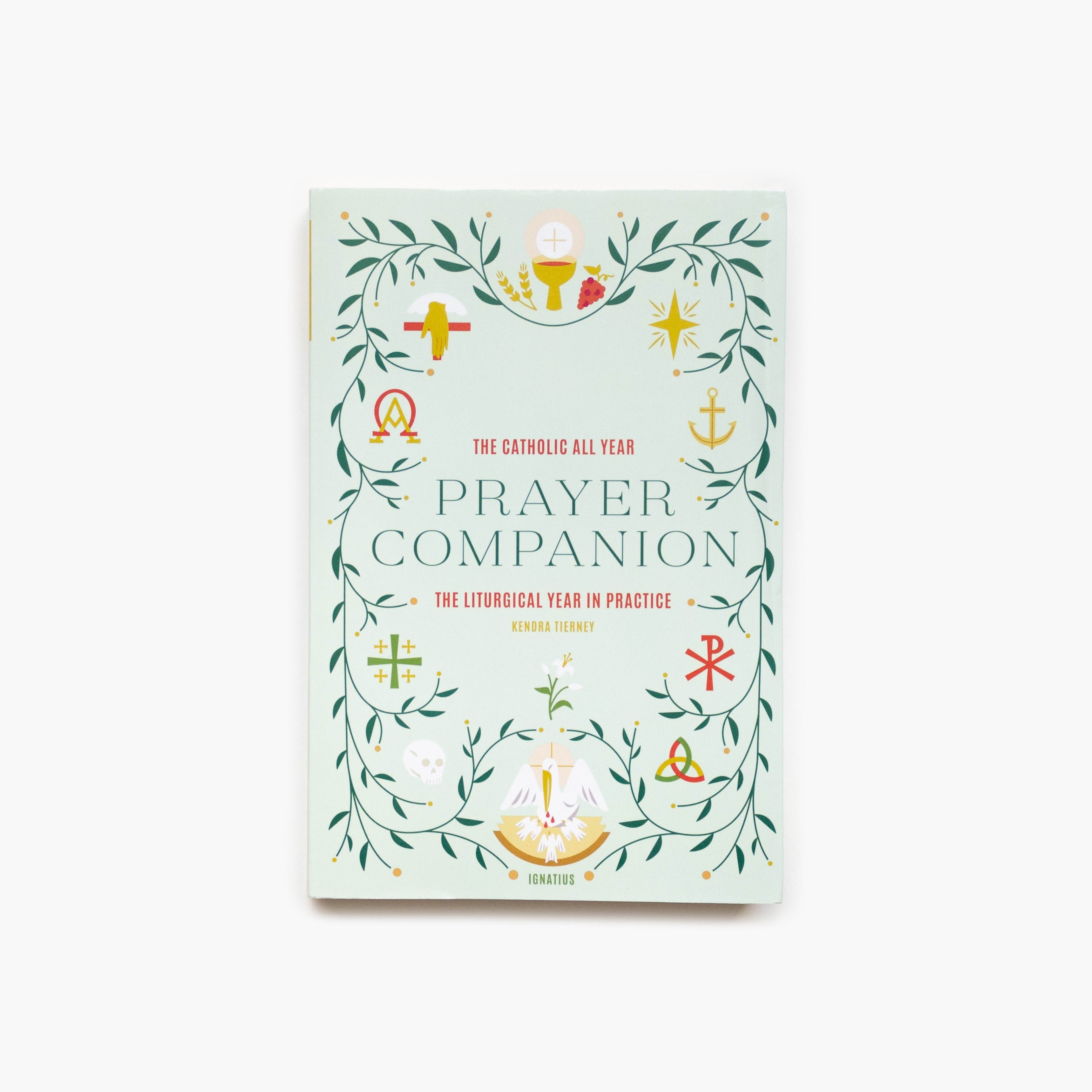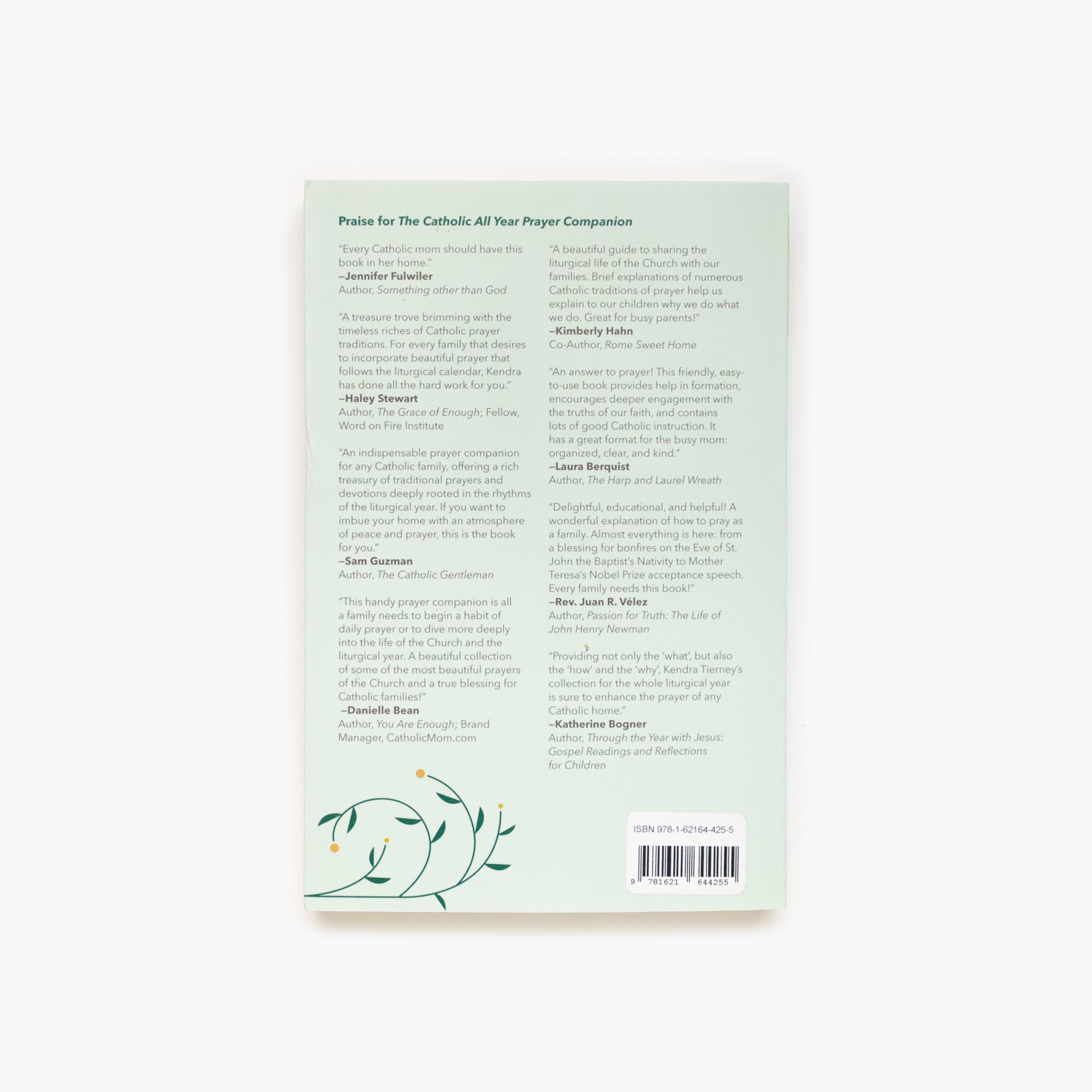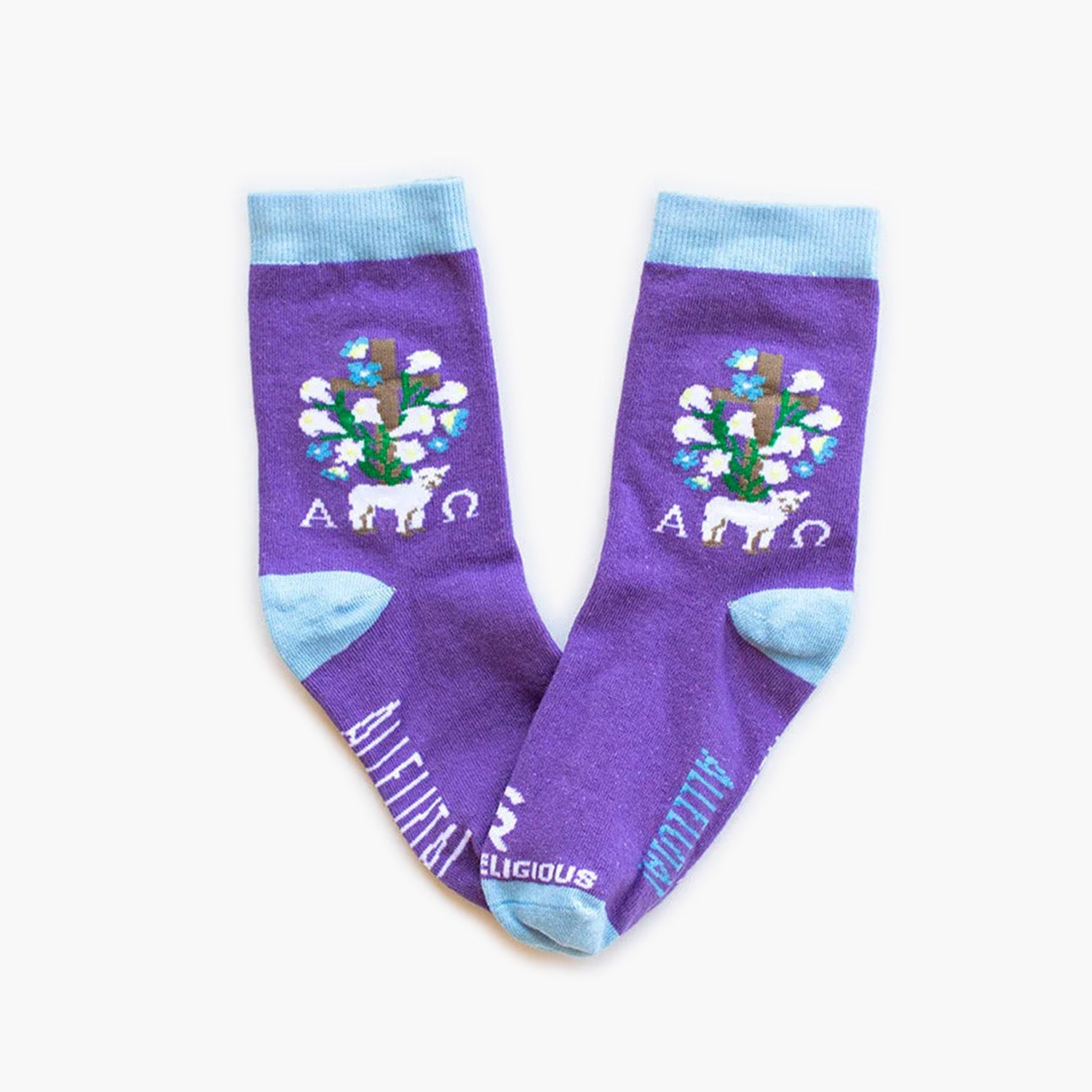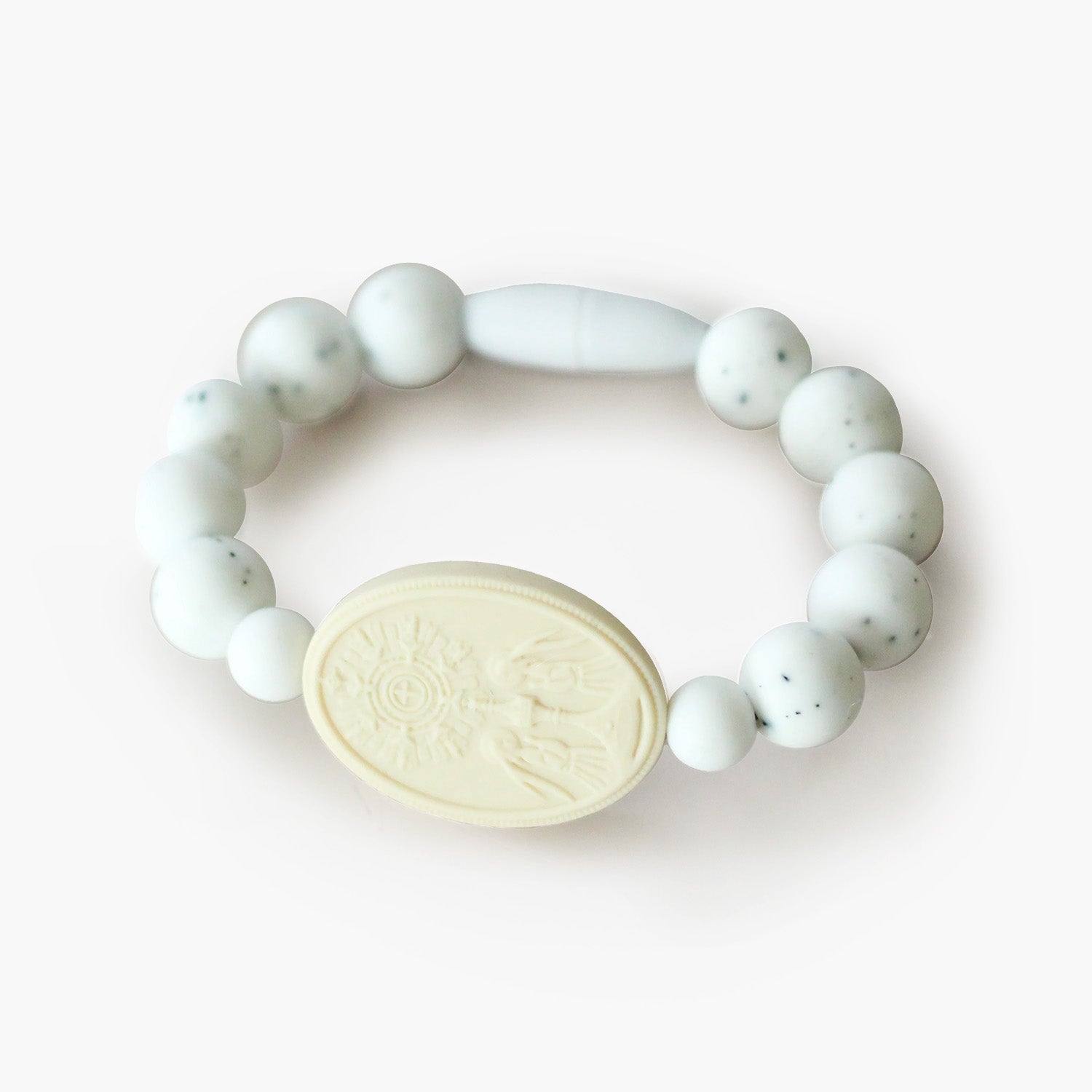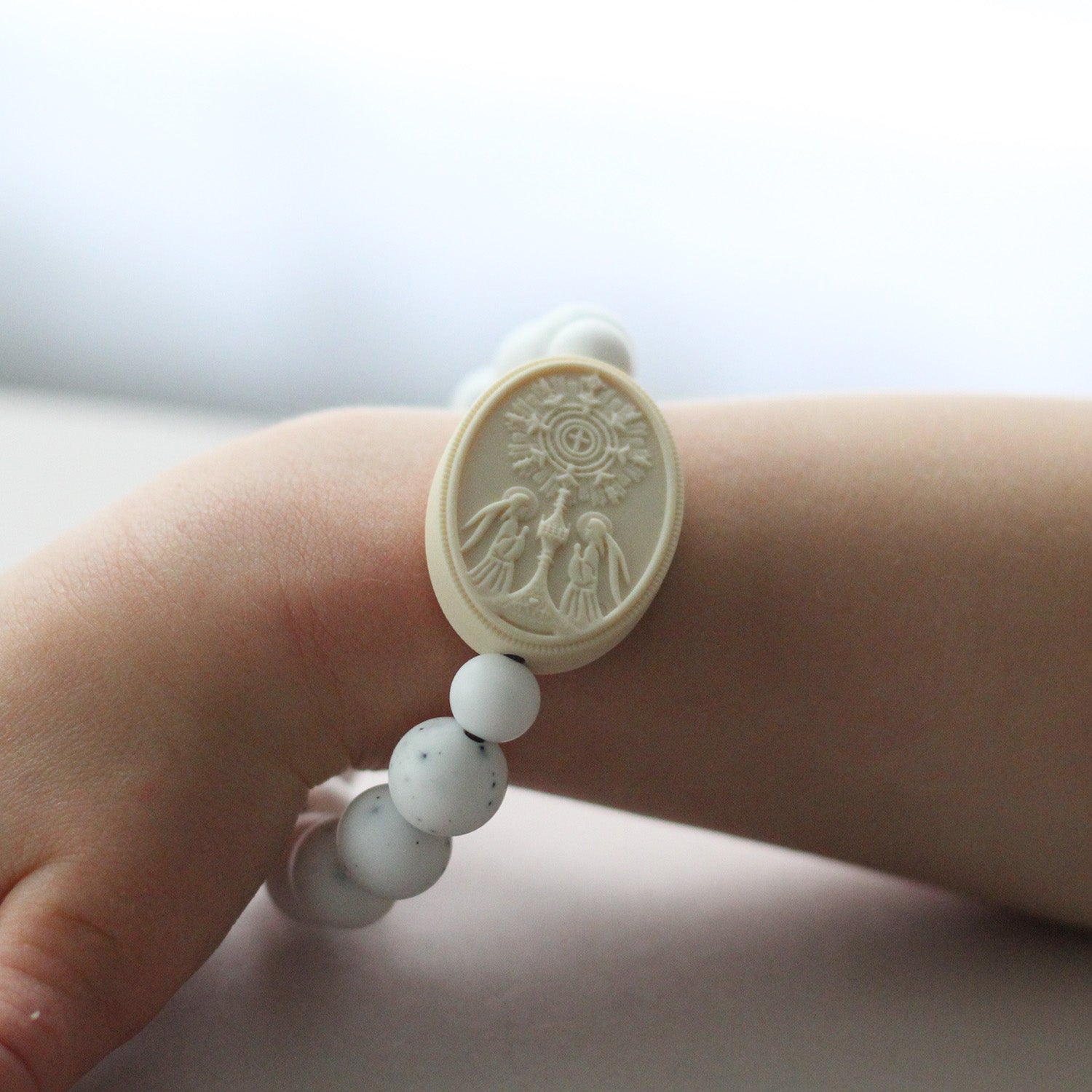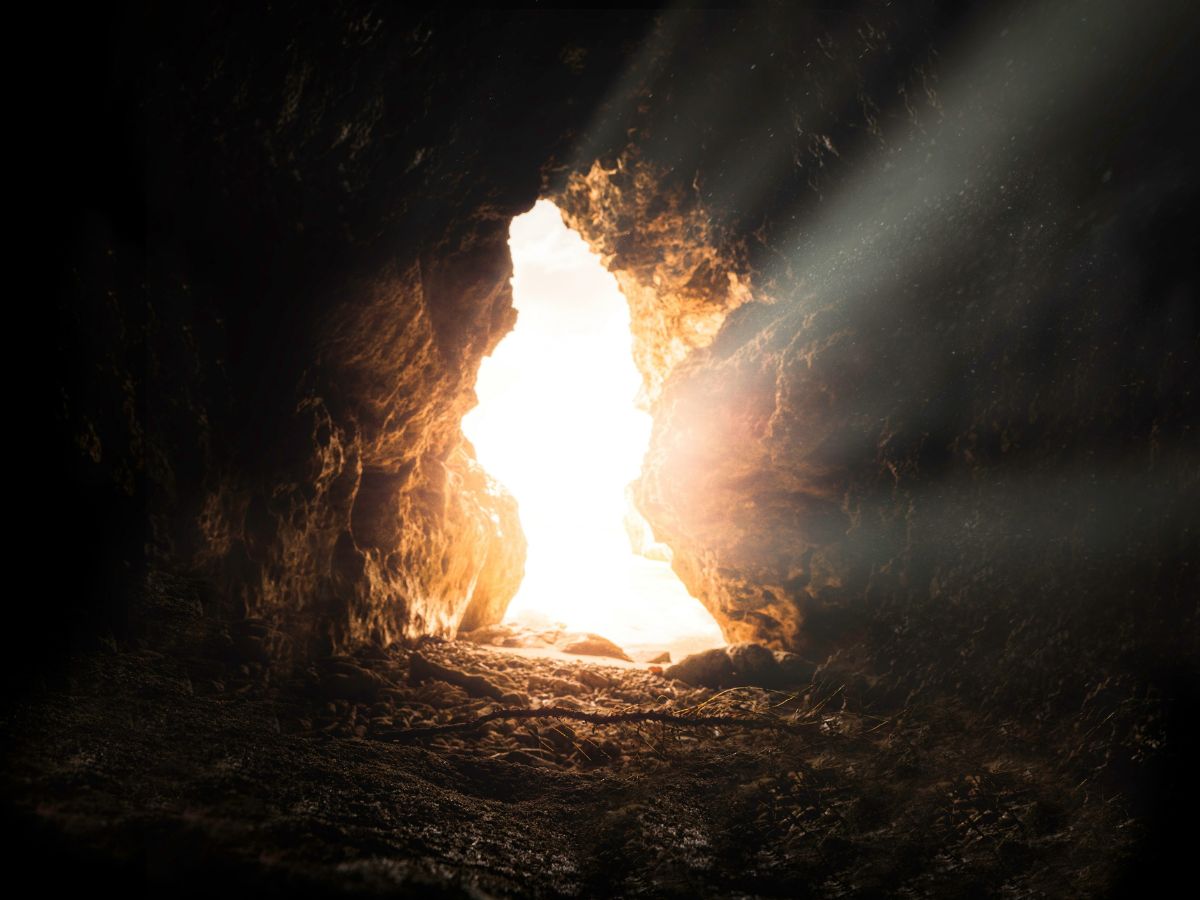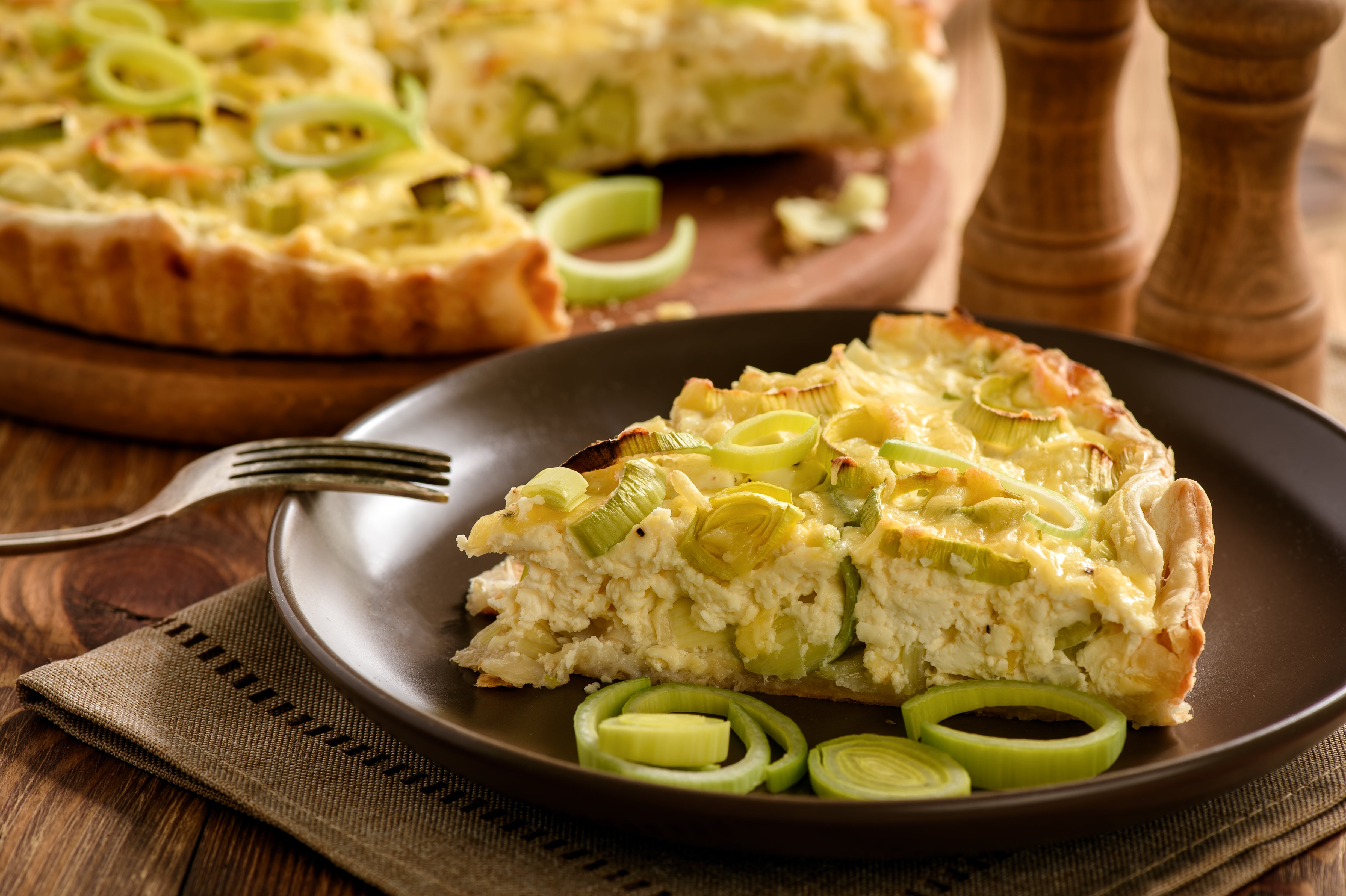A typical modern-day American Easter includes religious and secular elements. Eggs are dyed and hidden for kids to find. The ever-elusive Easter Bunny leaves gifts. Families often dress in their best outfits and go to church.
Still, the divide between sacred and secular Easter practices isn’t so clear-cut. That’s because many “secular” Easter traditions have Catholic roots.
Here are three of them.
Easter Eggs
Since ancient times, eggs have symbolized new life and the practice of coloring eggs predates Christianity by centuries. We find examples of it in pagan religions in Africa, the Middle East and Europe.
Early Christians began the tradition of coloring eggs specifically for Easter, although the exact time and place of its origin are unknown. We do know that early Eastern Christians dyed eggs red to symbolize the blood of Christ. By the Middle Ages, the practice became more common. In 1290, for example, King Edward I of England gave eggs painted with golden leaves to members of his court.
There are a few reasons why eggs are associated with Easter. We already mentioned the pagan association of eggs with new life, which for the early Church took on a deeper meaning in light of Christ’s resurrection from the dead. Just as a chick breaks free from its shell, Christ broke the chains of death and the stone sealing His Tomb.
During Lent, early Christians abstained not only from meat, but also eggs. At Easter, they celebrated the return of eggs to their plates by having them blessed by a priest.
The Easter Lamb
Easter has long been a popular time to eat lamb. Part of this stems from the association between spring and new life, but the lamb is also an important symbol in Judaism and Christianity.
At the first Passover, God instructed the Israelites to paint their doorposts with lamb’s blood so they would be spared the destruction He would bring upon the Egyptians.
Jesus is called the Lamb of God, so Christians have long eaten lamb on Easter to honor Him. We have records of popes eating Easter lamb a millennium ago.
Easter as a Holiday
Thankfully, even in our increasingly secularized culture, many non-Christians observe Easter as a holiday.
The Merriam-Webster dictionary notes that the word “holiday” comes from the Old English hāligdæg, a combination of hālig holy and dæg day. Some modern holidays — including Christmas and Easter — correspond to Catholic holy days, times of special religious observance and rest from work, similar to our Sunday rest.
Sadly, one Catholic Easter practice that hasn’t transferred to the secular sphere is celebrating Easter for 50 days. Why cut the party short?
By the way, if you still want to send Easter gifts to family and friends, we have plenty in stock at Everything Catholic.



